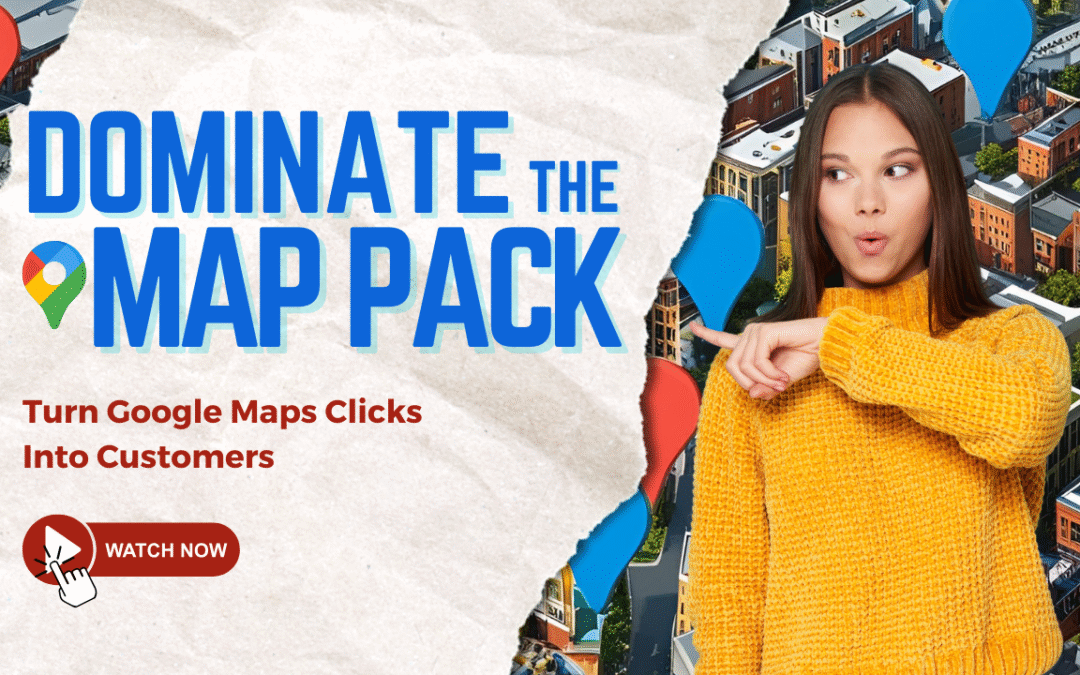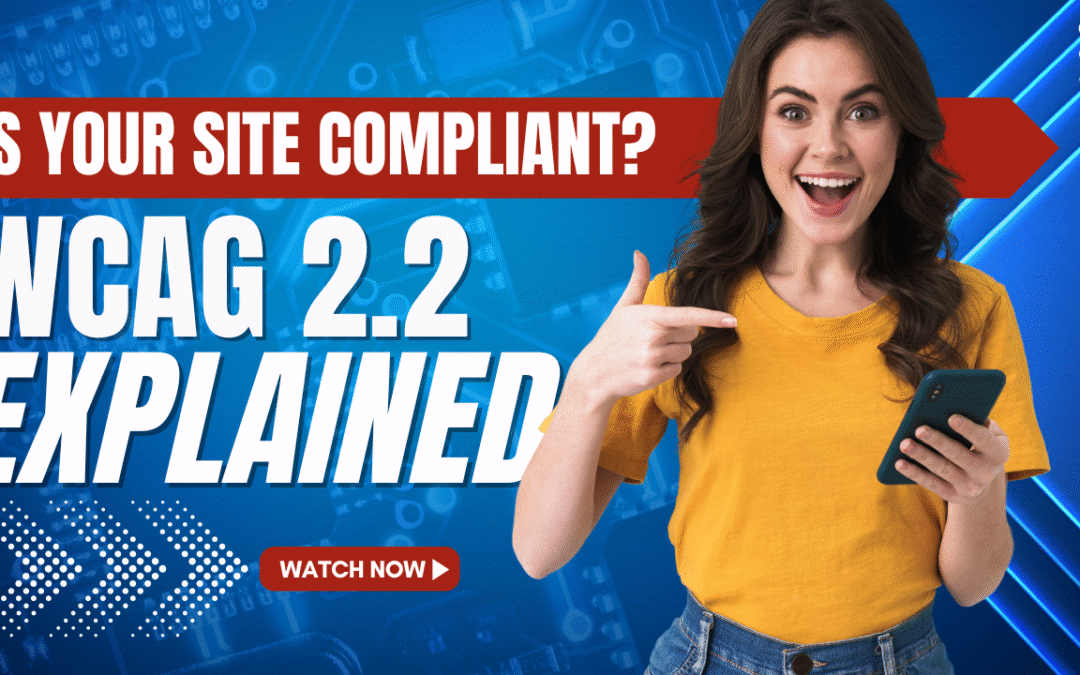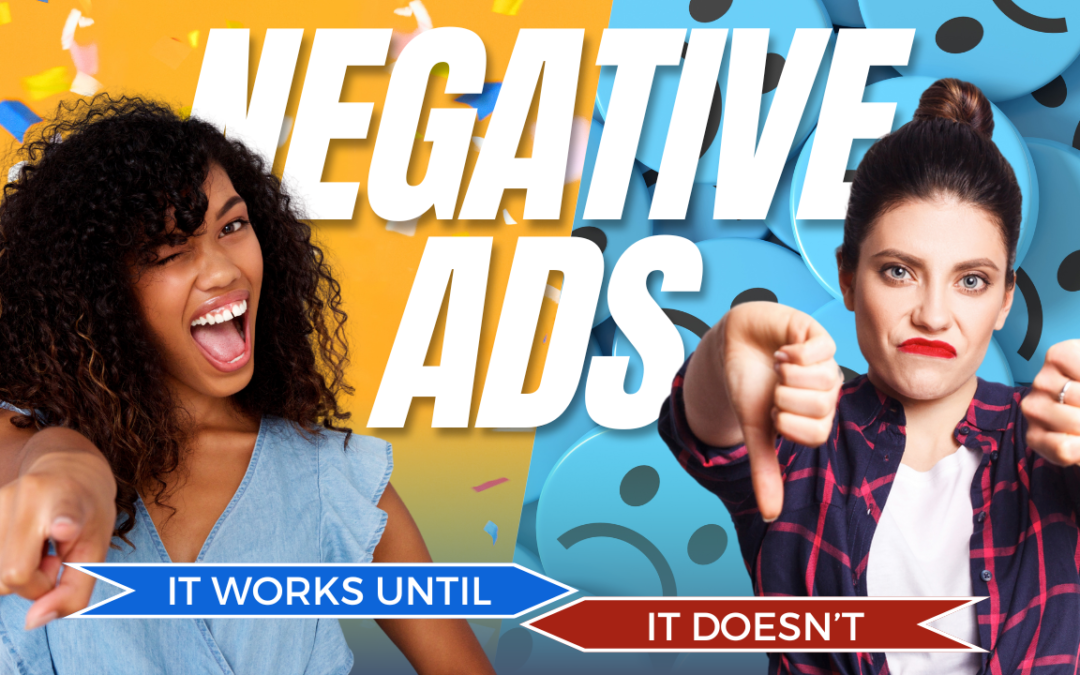
by Shieldbar Marketing | Jun 23, 2025 | Business Mindset, Digital Marketing, Marketing Tips, Websites
If your business is showing up on page one of Google but not in the Map Pack, you’re missing out on the most valuable clicks. According to BrightLocal, the Map Pack earns 44% of all local search clicks. That’s nearly half your potential leads, gone to competitors who...

by Shieldbar Marketing | Jun 16, 2025 | Business Mindset, General Information, Marketing Tips
What Successful Brands Do During Recessions That Others Don’t Recessions do not destroy businesses. Poor strategy does. The companies that survive and thrive through downturns are the ones that keep marketing, adapt quickly, and stay focused on long-term growth. For...

by Shieldbar Marketing | Jun 16, 2025 | Business Mindset, Digital Marketing, Marketing Tips, Websites
Web accessibility is often seen as a legal checkbox, but it is so much more than that. Businesses that prioritize accessibility don’t just reduce legal risk. They open the door to more customers, improve their SEO rankings, and ultimately close more sales. Let’s...

by SBMnjh2023 | May 9, 2025 | Business Mindset, Digital Marketing, Marketing Tips
If your business is still using a personal cell phone for two-factor authentication (2FA), you are one missed PTO day away from a complete lockout. That single device could be the point of failure that cuts off your team’s access to critical systems. This article...

by SBMnjh2023 | Apr 21, 2025 | Business Mindset, Marketing Tips, Websites
Think your website is good enough? If it’s not accessible, it could be excluding users, hurting your SEO, and putting your business at legal risk. The WCAG 2.2 guidelines are officially here. If you’re a designer, developer, or business owner, it’s time to...

by SBMnjh2023 | Apr 6, 2025 | Business Mindset, Marketing Tips
If we told you negativity could make your business millions, would you believe us? It’s true. Some of the most iconic campaigns from Apple, Nike, and even political giants have used fear, rivalry, and controversy to dominate their space. Why? Because your brain is...







